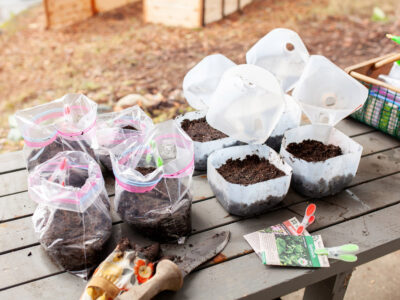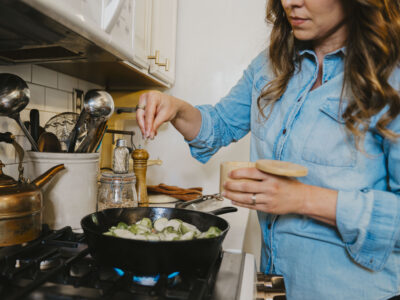If you’re considering buying land and starting a homestead, or even moving an existing homestead to a new property, this podcast is one you’ll want to tune into to learn what to look for and things to be aware of BEFORE you buy.
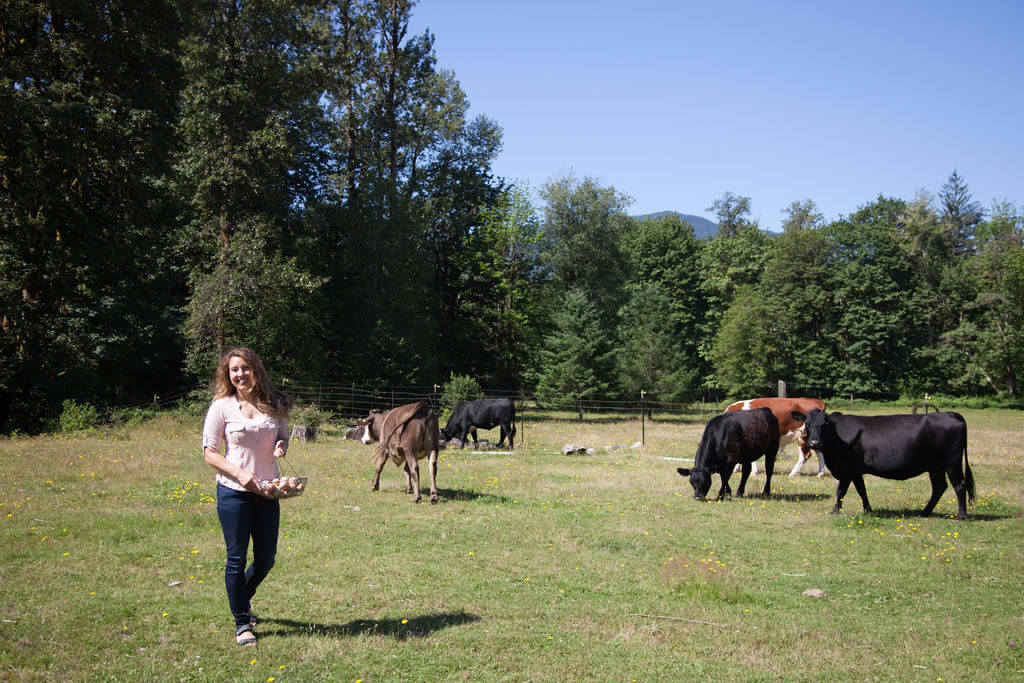
Today’s episode (Pioneering Today Podcast #303) is with Cathy Payne, who I have previously interviewed all about raising American Guinea Hogs. The Guinea Hogs were new to our homestead this past year, and I wrote a follow-up post where I shared whether the American Guinea Hogs were really worth it and if we’ll raise them again.
Natural Remedies Made Simple

Start your home apothecary with confidence—even if you’re brand new. Learn how to choose the right herbs for your body using the simple principles of herbal energetics.
Discover how warming, cooling, drying, and moistening herbs affect your body—so you can stop guessing and start making remedies that actually work.
In today’s episode, Cathy is sharing about her homesteading journey, as well as giving her insight on what you need to know when buying a homestead property (plus some great tips if you already have property but are continuing on your homestead journey).
Cathy has lived in suburban neighborhoods for most of her life. In 2010 she retired from a 33-year teaching career in special elementary education. It was at that time she and her husband purchased 11 acres of land in an agricultural area and dove into homesteading.
Table of Contents[Hide][Show]
Tips for Buying or Starting a Homestead Property
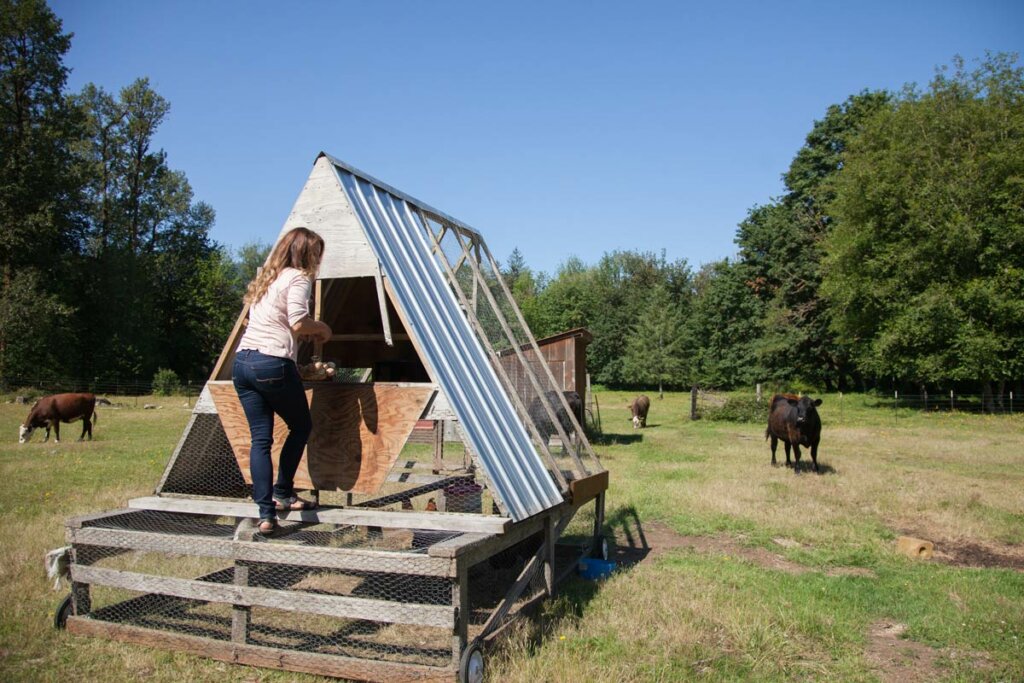
Whether you’re buying a new property (like our new 40-acre homestead), or just starting on your journey of the homestead lifestyle, these tips could help save you years of struggle, or possibly going around and around in circles without making any progress…
Do One Thing at a Time
Cathy’s best advice, which she’s followed throughout her 10-year homesteading journey, is to do one thing at a time. Don’t try and do it all, or “bite off more than you can chew”, but layer in one new aspect of homesteading at a time.
Don’t try to add in multiple operations at a time, wait until you’ve mastered (or are at least comfortable with) the first, then layer on the next project or operation.
Know Your Goals
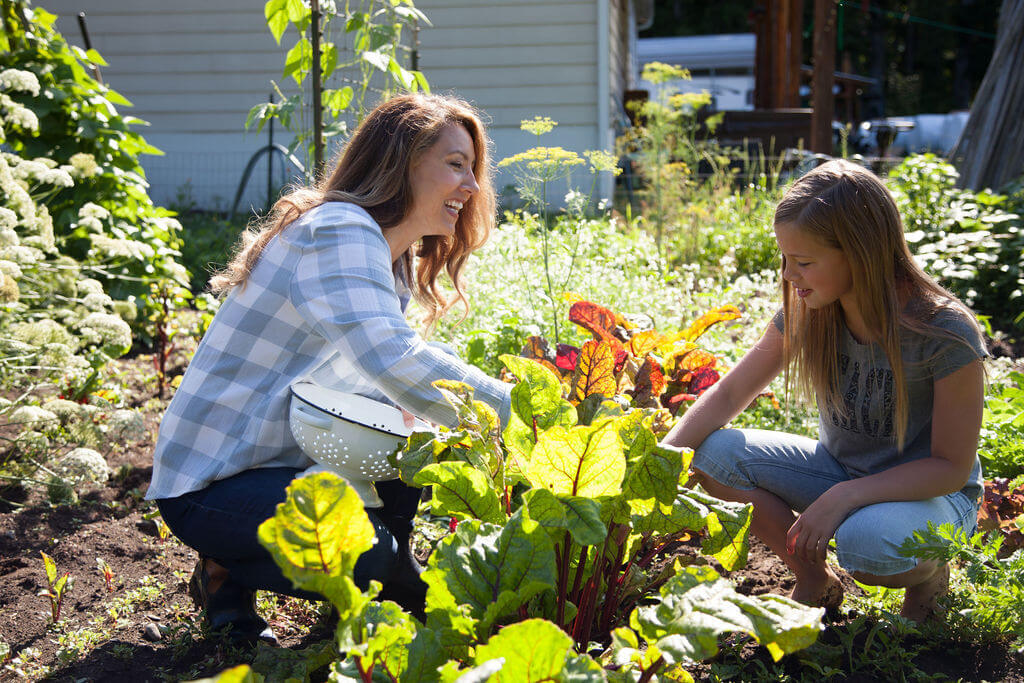
Before you buy a homestead property it’s important to know your goals. What do you envision your homestead property to be? It’s very exciting to expand and improve your land, but knowing what your goals are will help you stay on track and not get too sidetracked in projects that aren’t accomplishing your goals.
Ask Yourself These Questions:
- Do you have kids that you’re wanting to homeschool?
- Will you grow enough food to feed your family for a season? A year?
- Will you grow enough for your family, plus neighbors?
- Are you wanting to grow food to provide an income?
- Are you hoping for tax deductions from your homestead?
- Will you grow fruit, vegetables, medicinal herbs, be planting berry bushes, nut trees, or fruit trees?
- Will you raise animals for meat, or maybe a dairy cow for milk?
- Are you wanting to preserve enough food for your family for a year?
- Will you can your own food? Dehydrate food? Ferment your food?
Know Your “Must-Haves”
Make lists about your needs for your ideal homestead property, but also understand that it’s nearly impossible to find a piece of land that will meet every single one of your needs.
Having a list of “must-haves” can really help to eliminate possible properties right off the bat.
Ask Yourself These Questions:
- How much land do you want?
- Are you raising cattle? Sheep? Pigs? Egg-laying chickens? Meat birds? Maybe keeping some geese? (What you raise will determine how much land you need.)
- How big of a house do you need?
- How many people are living on the property?
- Do you want amenities? Bare land?
- Are you willing to build?
- Is there shade or shelter for your livestock?
Raising Livestock
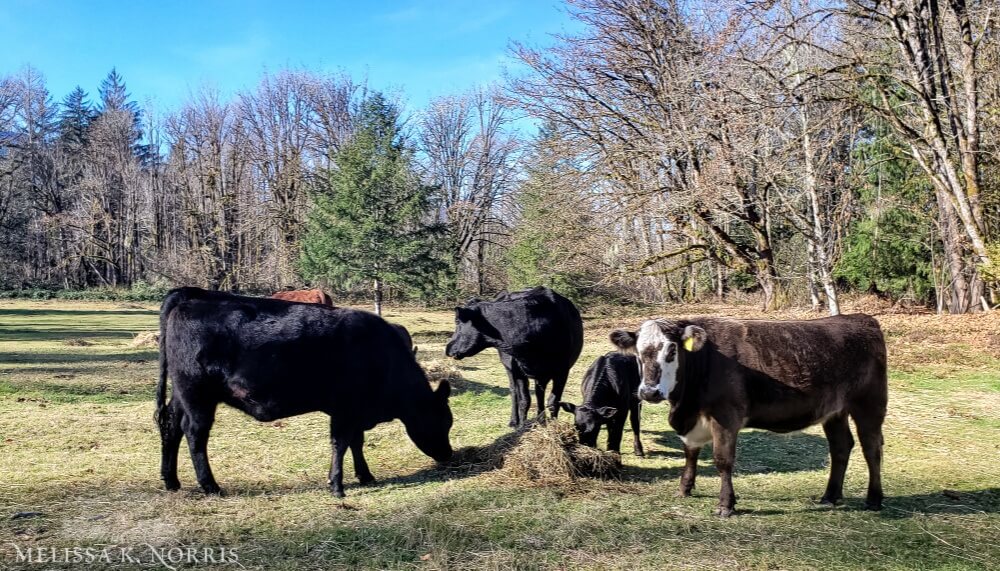
If you’re planning to raise livestock on your property, make sure you know how your property is zoned. Don’t take your realtor’s word for it, check with the local extension office.
If you’re planning on doing any type of farming with livestock, and you don’t check about zoning, you may end up in a horrible situation where you may have to get rid of your livestock.
Meet Your Local Large Animal Veterinarian
You’ll also need to know if there is a local large animal veterinarian who makes house calls. Get an idea of the costs included in house calls, it’s all part of the livestock process and you don’t want to be caught off guard with an expensive vet bill.
You also don’t want to have to figure out who to call once an emergency happens, knowing and being prepared ahead of time is best.
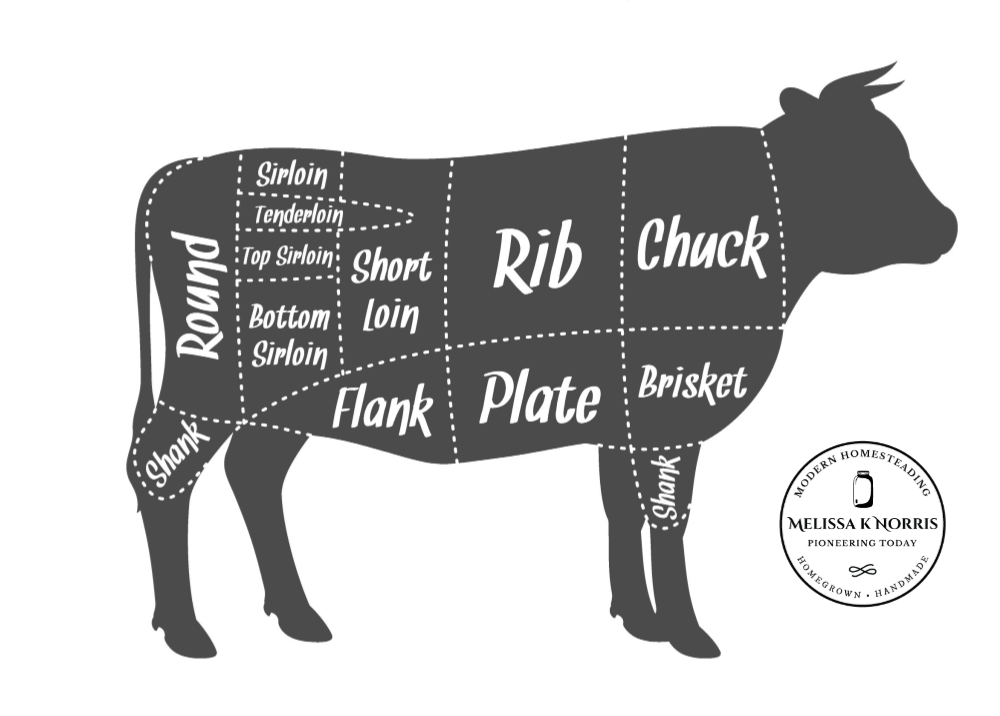
Meat Processor/Butcher
Consider the processing process of your meat. Will you butcher it yourself? Is there a local butcher who will come slaughter the animal for you? Do you need to take your animals to a slaughterhouse?
If you want to sell your meat, you need to know the legal steps necessary you must take for each step. Think about finding a “meat-selling mentor”, maybe someone who is already selling meat in your area, to learn about the process from them.
These can sometimes be tricky hoops to jump through, but it’s always smart to do things the right way.
Know Your Community
It’s important to know your community. Getting to know your neighbors, participating or frequenting local Farmer’s Markets, learning what products other locals are selling are all great ways to meet and learn about your community.
If you’re wanting to sell products, taking these steps is a great way to know what people in your community are looking for. This can help determine what you sell.
Use Online Tools
If you’re looking to buy property, there are a lot of online tools you can use to help get views of the land.
Seeing an aerial view of your property can give you a glimpse at neighboring properties. You’ll want to know if your potential neighbors happen to have commercial gardens, pig farms, chicken factories, etc.
All these can pose possible threats, such as chemical sprays on crops that might drift over to your home, seep into the groundwater, or perhaps lingering smells from chicken houses or a pig farm that can drastically change your outdoor experiences.
Vacation/Travel
If you travel or go on vacation, it’s important to have help or strategies set in place to allow for you to do this. This may mean you don’t raise a certain kind of livestock that requires more hands-on care, but it’s still possible to travel if you have good helpers nearby.
Here are more tips on how to take a vacation when you have a homestead.
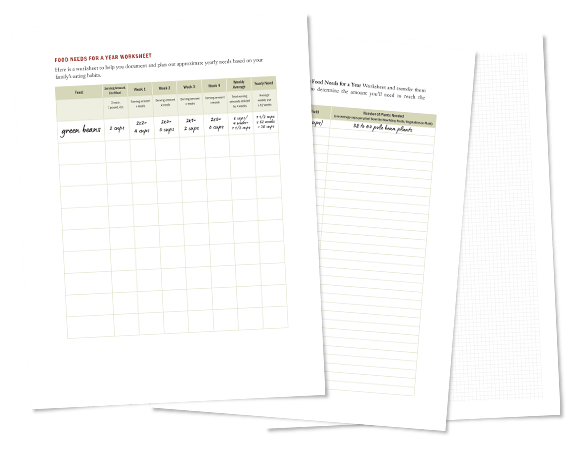
Keep Good Records
Study and learn about your land and your climate. Really take time to reflect on what you’ve done, what’s working and what’s not working, etc. Doing so will help you build on to what you’re doing in the future. It’s why I devote an entire section in the Family Garden Planner just for jotting down notes so you have a reference point the following season!
This will help you to know if you need to increase an operation or take it down a little bit.
Resources:
- Connect with Cathy on her website.
- Follow Cathy on Instagram or Twitter @guineahogbooks.
- If you’d like to get $5 off the soft-cover of Cathy’s book, “Saving the Guinea Hogs” use code “PT5” (coupon code good through 5/21/2021).
More Homesteading Articles
- What to do When Homesteading Gets Tough
- Avoid Overwhelm – Choosing What’s Right for Your Homestead
- What To Do FIRST On Your Homestead (Or What To Do NEXT)
- Self Sufficient Homesteading Tips for the Long Haul
- How to Earning a Living from Your Homestead
- Creating a Homestead Business That Makes Money
- What To Do When Your Family Isn’t Onboard with Homesteading (Or Something You’re Passionate About)
- Homesteading + Making Money (How to do it All)
- How to Get Everything Done in a Day Without Wasting Time or Getting Distracted
- Eating a Year of Hand Harvested Food with Alexia
- The Homestead Documentary Project
- Homesteading With Children
- How to Prepare Your Homestead for Selling
[fusebox_transcript]
